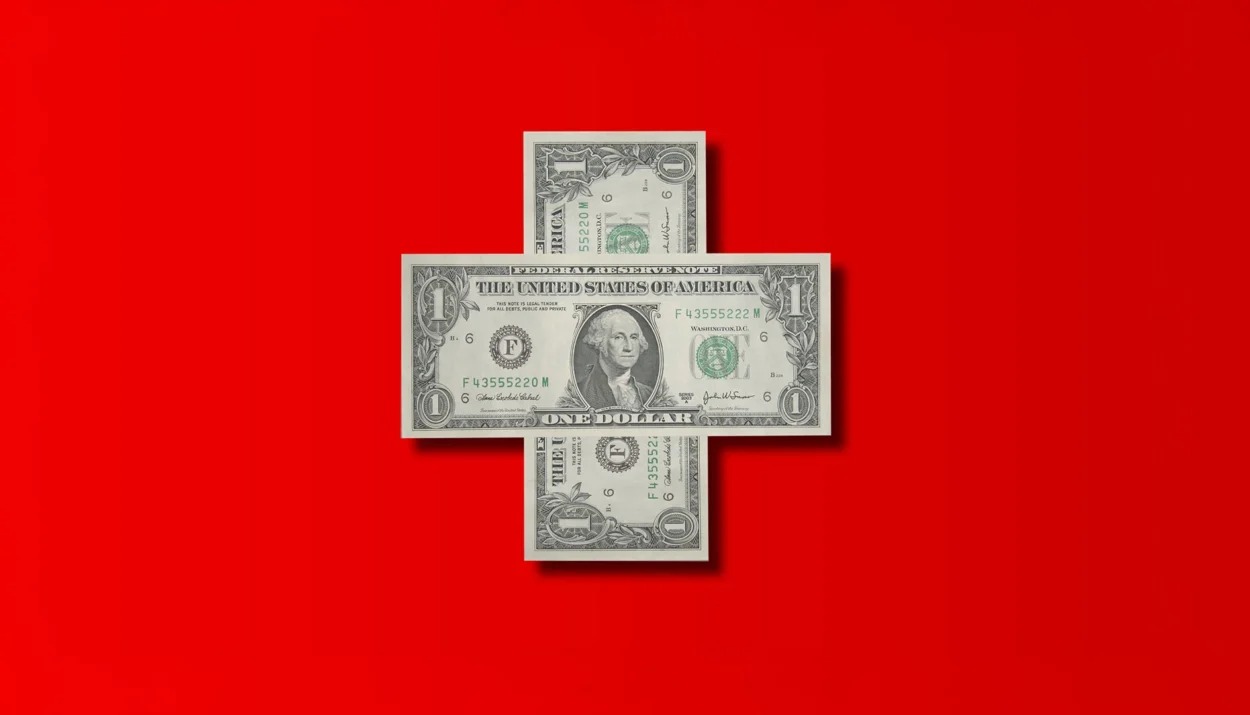With U.S. political and economic tensions rising, wealthy Americans are once again shifting capital overseas—and Swiss banks are reaping the benefits.
Amid Trump’s second-term volatility, escalating tariff tensions, and concerns over U.S. debt and the dollar’s decline, a fresh wave of high-net-worth individuals are moving assets to Switzerland, according to reports from CNBC and The Financial Times.
“It comes in waves,” said Pierre Gabris, CEO of Swiss advisory firm Alpen Partners International. “When [former President Barack Obama] was elected, we saw a big wave. Then, Covid was another wave. Now tariffs are causing a new wave.”
The U.S. dollar has lost more than 8% in value this year, hitting a three-year low last Friday — prompting wealthy Americans to rethink their currency exposure.
“Many Americans are realising that 100% of their portfolio is in U.S. dollars,” Gabris told CNBC: “So they’re thinking, ‘Maybe I should diversify.’”
Many of the clients initiating this offshore move have international ties, such as Israeli or Indian roots. According to wealth managers, the motivation is often driven by fear of instability — both political and fiscal.
Why Switzerland?
Switzerland continues to attract foreign capital with its reputation for:
- Strong financial stability
- Robust asset protection laws
- High levels of banking confidentiality
While it’s relatively easy for Americans living in Switzerland to open accounts, the process for U.S.-based citizens is more complex and heavily regulated. Swiss banks have tightened compliance in recent years following multibillion-dollar settlements over tax evasion cases involving American clients.
But that hasn’t stopped the inflow. Swiss institutions are increasingly comfortable handling American clients again — as long as they remain fully compliant with IRS and FATCA (Foreign Account Tax Compliance Act) regulations.
A Global Portfolio Shift
This renewed interest in offshore banking echoes previous economic crises, such as the 2007–2008 financial meltdown, when wealthy Americans looked abroad for safety and diversification. With renewed currency risk, rising public debt, and geopolitical uncertainty, the trend appears to be repeating.
U.S. elites aren’t necessarily fleeing the country — but their money is. And in a world where politics and markets are increasingly unstable, Swiss neutrality still looks golden.
Disclosure: This article does not represent investment advice. The content and materials featured on this page are for educational purposes only.
Related:
Gold Is at a Record High. Why It Could Climb Even Higher?
Nvidia’s CEO makes surprise visit to Beijing after US restricts chip sales to China
The Rule of 40: Your Ultimate Guide to Evaluating Software Stocks
How does the Eurodollar System Influence Global Markets?
Nvidia faces $5.5 billion charge as US restricts chip sales to China
China to now pay up to 245% tariffs on imports to US: Trump’s latest move
China appoints new trade envoy in face of tariff turmoil
Rumoured Iphone Fold could cost over $2,000 at launch
What the Market Isn’t Telling You: Gold, Bonds, Hedge Funds & Fed’s Next Move










